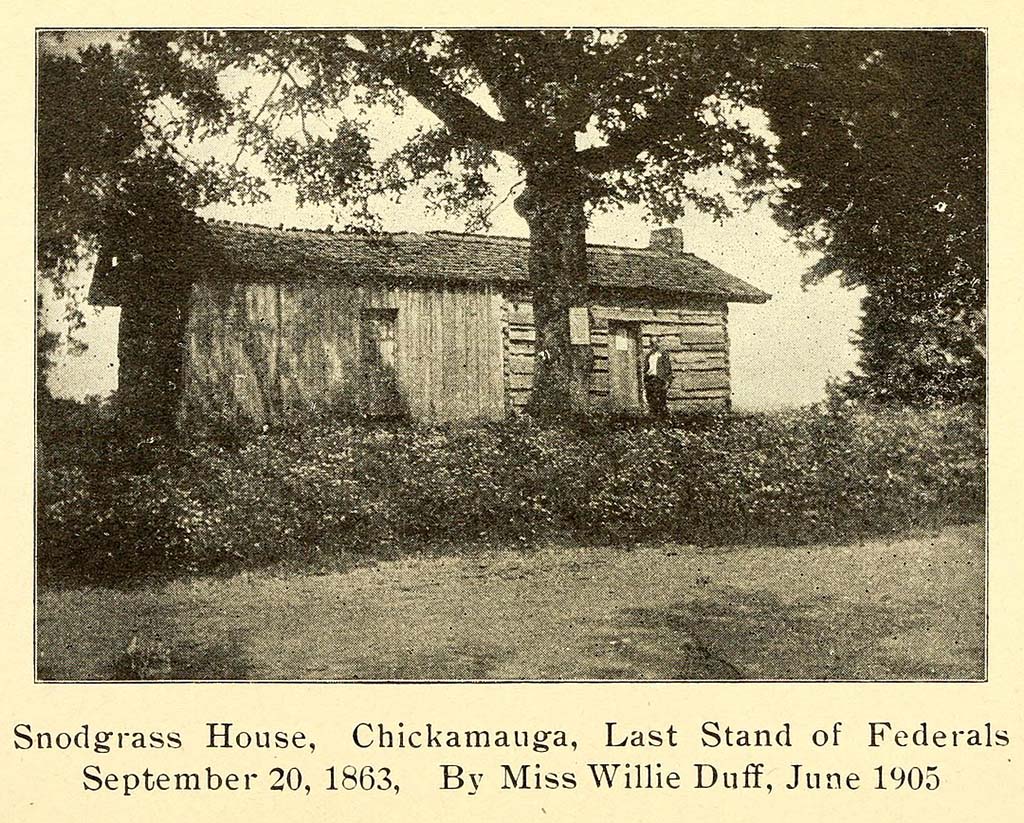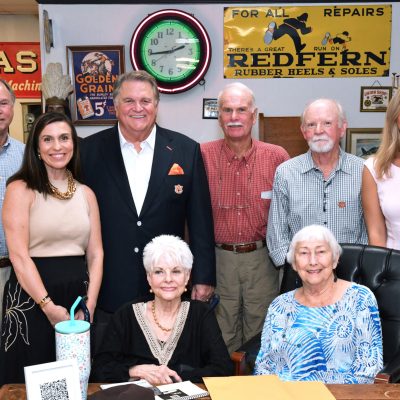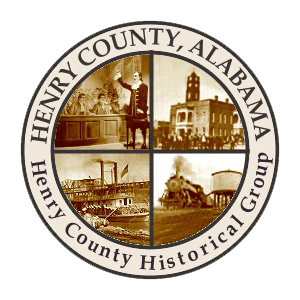
by Steve Parrish
“The dead and wounded lay in heaps, literally piled upon each other…”
Many of the soldiers from our area fought with the 60th Alabama Infantry Regiment during the Civil War. Through the toils of war, they suffered greatly, and perhaps one of their most daunting task was in north Georgia near the Chickamauga Creek in November 1863. There, along with some other Alabama regiments, they lost many of their numbers trying to capture a Yankee stronghold known as Snodgrass Hill.
Fate matched up two strong willed generals who were bound by duty to fulfill their objectives. Federal General George Thomas would be known as the Rock of Chickamauga after the fight: the very thread that prevented a total Union route and saved the Army of the Cumberland. The other, General Archibald Gracie (Confederate), was a West Point graduate whose family was divided. His father was a staunch Union loyalist and an aristocrat from New York City.
Union General Rosecrans had created a disastrous debacle in the battle of Chickamauga. He received a miscommunication for reinforcements and moved a large part of his force, creating a gap in the entire Union army that was already engaged. Confederate General Longstreet saw this mistake and quickly ordered a charge into the gap, routing the Union Army. The Army fled back to Chattanooga and only General Thomas’ forces remained to hold off the Confederate advance. He secured a hilltop near a small clearing in the forest adjacent to the Snodgrass family farm. He was determined to hold this position and allow the Union Army an orderly retreat.
General Gracie and Kelly sent their brigades (2,879 men) charging up the hill to dislodge and route Thomas’ Federals. They stood rock-solid and repelled the Confederate onslaught, killing or wounding 1,054 in the first hour of fighting. This attack did not crest the hill, but the ferocity of it woke up their fellow Southerners. Polk and Forrest could not stand to simply watch and decided to join in the fight, hurling their divisions against Thomas’ north-south line. Thomas was getting hit from all directions with only one advantage; they were firing downhill rather than uphill.
The battle caused an almost constant sheet of flames, on-lookers reported. One Ohio regiment of 535 men fired nearly 45,000 rounds of ammunition during the fight. Thomas’ Federals were running dangerously low on ammo. The Northerners picked over the dead and dying to find rounds for their rifles—the Rebels kept coming in waves. By now the ordnance train was long gone and Rosecrans was having a stiff drink back in Chattanooga trying to figure out how to blame someone else for his catastrophic mistake. As the ammunition dwindled, they heard Thomas shout, “Use your bayonets”!
He sat squarely upon his horse, head held high as bullets snipped off the leaves of the trees above him. General Longstreet later said, “We must have charged that damn hill twenty-five times that day”. As Confederates would reach the summit in a desperate surge and prepare to dig in, rifles and heavy guns filled their ranks. The woods caught fire making matters worse, but the Rebs would not give up the fight.
Finally, around four o’clock General Garfield showed up with a communication from Rosecrans advising Thomas to move to the rear. Thomas argued that he should wait until nightfall to use the cover of darkness. During a lull in the fighting when darkness was nearing, the overcast skies from the fighting of the day dulled the sun and the Federals pulled back into Chattanooga. One Federal soldier said the retreat brought about a sound more horrid than the Rebel Yell: “the Southerners started whooping and hollering up a storm”. The Confederates had won the battle that would thereafter be know as the, “South’s Gettysburg”.
(In 1912 General Gracie’s son, Archibald Gracie IV went to Europe to finish a book called, The Truth about Chickamauga. He returned from England after completing the book aboard the HMS Titanic. Both he and the book survived the trip. He went on to write a more famous book entitled, The Truth About the Titanic. He died shortly after publication due to complications related to prolonged exposure to the icy-cold water.)
[Steve Parrish is Lt. Commander of the Henry Light Infantry Camp #1968, Sons of Confederate Veterans.]



